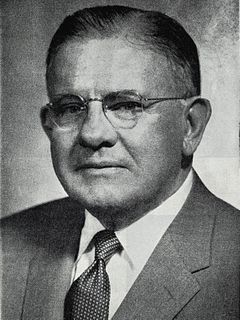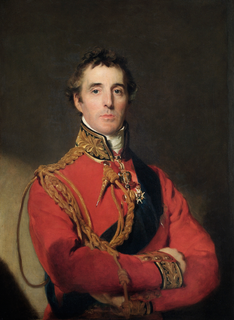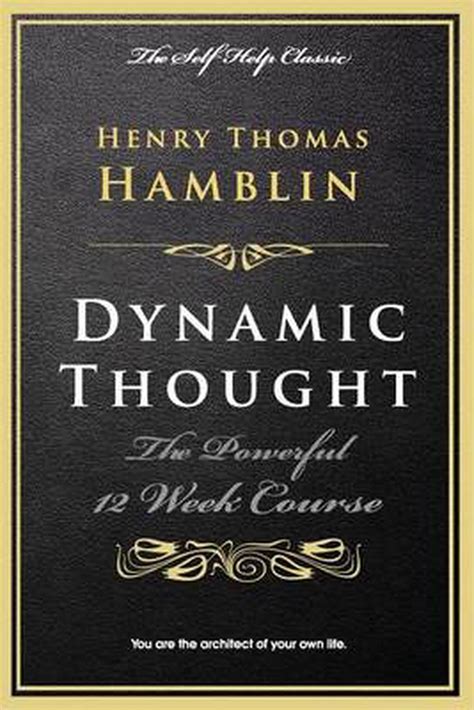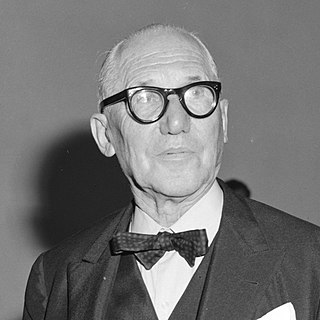A Quote by Robert E. Lee
Everyone should do all in his power to collect and disseminate the truth, in the hope that it may find a place in history and descend to posterity. History is not the relation of campaigns and battles and generals or other individuals, but that which shows the principles for which the South contended and which justified her struggle for those principles.
Related Quotes
No political party is justified to continue in existence unless it clearly states the principles which it advocates, the platform upon which its candidates stand, and then with integrity, when and if elected, carry out those principles and live up to that platform. Except that be the case, we as Latter-day Saints should not align ourselves to any party, because we do not have the basis upon which we can make an intelligent decision. We must know what they stand for before we can favor them with our vote.
I assert once again as a truth to which history as a whole bears witness that men may second their fortune, but cannot oppose it; that they may weave its warp, but cannot break it. Yet they should never give up, because there is always hope, though they know not the end and more towards it along roads which cross one another and as yet are unexplored; and since there is hope, they should not despair, no matter what fortune brings or in what travail they find themselves.
The history of a battle, is not unlike the history of a ball. Some individuals may recollect all the little events of which the great result is the battle won or lost, but no individual can recollect the order in which, or the exact moment at which, they occurred, which makes all the difference as to their value or importance.
It may indeed prove to be far the most difficult and not the least important task for human reason rationally to comprehend its own limitations. It is essential for the growth of reason that as individuals we should bow to forces and obey principles which we cannot hope fully to understand, yet on which the advance and even the preservation of civilization depend.
It is (our) duty . . . to pay especial attention to the principles of government which shall be inculcated therein (at the University), and to provide that none shall be inculcated which are incompatible with those on which the Constitutions of this State, and of the United States were genuinely based, in the common opinion; and for this purpose it may be necessary to point out specially where these principles are to be found legitimately developed.
There is nothing so bad or so good that you will not find Englishmen doing it; but you will never find an Englishman in the wrong. He does everything on principle. He fights you on patriotic principles; he robs you on business principles; he enslaves you on imperial principles; he bullies you on manly principles; he supports his king on loyal principles and cuts off his king's head on republican principles.
'Truth' is to be understood as a system of ordered procedures for the production, regulation, distribution, circulation and operation of statements. 'Truth' is linked in a circular relation with systems of power which produce and sustain it, and to effects of power which it induces and which extend it. A 'regime' of truth.
Philosophy would long ago have reached a high level if our predecessors and fathers had put this into practice; and we would not waste time on the primary difficulties, which appear now as severe as in the first centuries which noticed them. We would have the experience of assured phenomena, which would serve as principles for a solid reasoning; truth would not be so deeply sunken; nature would have taken off most of her envelopes; one would see the marvels she contains in all her individuals.
To a person uninstructed in natural history, his country or sea-side stroll is a walk through a gallery filled with wonderful works of art, nine-tenths of which have their faces turned to the wall. Teach him something of natural history, and you place in his hands a catalogue of those which are worth turning around. Surely our innocent pleasures are not so abundant in this life, that we can afford to despise this or any other source of them.
Modern man lives isolated in his artificial environment, not because the artificial is evil as such, but because of his lack of comprehension of the forces which make it work- of the principles which relate his gadgets to the forces of nature, to the universal order. It is not central heating which makes his existence 'unnatural,' but his refusal to take an interest in the principles behind it. By being entirely dependent on science, yet closing his mind to it, he leads the life of an urban barbarian.





































